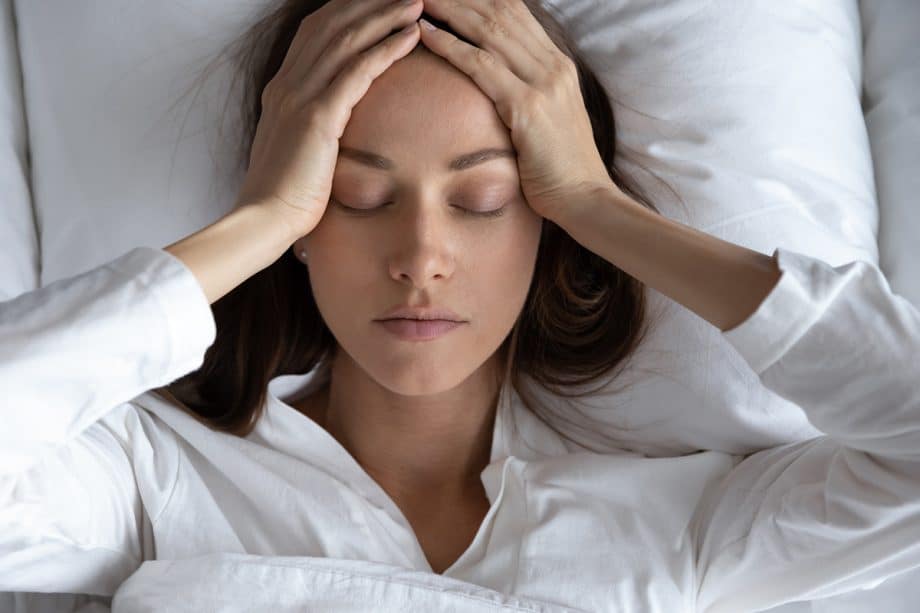Sleep apnea is a dangerous condition that happens when you repeatedly start and stop breathing during the night. If you have one or more of the following signs, you should consult your dentist or primary care doctor as soon as possible:
- Loud snoring that may disturb your partner or family
- Persistent sleepiness during the day
- Others observe that you stop breathing during the night
- Waking abruptly to choke or gasp
- Dry mouth upon waking
- Sore throat in the morning
- Headache in the morning
- Irritability and difficulty concentrating
About Obstructive Sleep Apnea
Obstructive sleep apnea is the condition's most common form. This condition occurs when the airway intermittently becomes blocked during sleep. The blockage happens when the throat muscles relax too much or excess tissue gets in the way.
Risk Factors for Sleep Apnea
Men are more likely to have sleep apnea than women. Patients who are at greater risk for obstructive sleep apnea share the following characteristics, but many sleep apnea patients have none of these risk factors.
- Aging
- Obesity
- Smoking
- High blood pressure
- Type 2 diabetes
- Nasal congestion
Consequences of Sleep Apnea
Since obstructive sleep apnea blocks the airway, it causes blood oxygen levels to drop suddenly. This problem can strain your cardiovascular system, increasing your blood pressure. It can lead to heart attacks, irregular heartbeat, and stroke. Patients with existing heart disease may have a higher risk of sudden death due to low blood oxygen.
Other problems that can happen with obstructive sleep apnea include metabolic syndrome, problems with anesthesia and surgery, and liver issues.
Treatment Options
Fortunately, supportive sleep apnea treatments can help you and your family get a better night's sleep and reduce your chance of developing severe complications.
Oral Appliance Therapy
Oral appliance therapy is a non-invasive option to help you overcome sleep apnea. Custom oral appliances position the tongue and lower jaw to help open the airway during the night.
Continuous Positive Airway Pressure (CPAP)
CPAP is appropriate in moderate to severe cases. CPAP provides a constant stream of air that keeps the breathing passages open during sleep.
Surgery
In more advanced cases, sleep apnea surgery may be necessary to prevent airway blockage. Surgery can remove or stiffen the tissue that blocks the airway.
Finding a Good Night's Rest
Obstructive sleep apnea can cause health problems and affect how you feel during the day. The sooner you speak to your dentist or primary care doctor about the possibility of sleep apnea, the more likely you will be to achieve a good night's sleep.
Call Suwanee Family Dentistry
Sleep apnea doesn't have to interfere with enjoying your life. We provide non-invasive treatment methods like oral appliance therapy to control your symptoms and help you and your family sleep better. Please call our office at 678-714-2380 for an appointment to discuss your symptoms and find out what we can do to help you.
